Germany’s three remaining nuclear power plants officially shut down on April 15. Some politicians welcomed the move, while others warned that as renewable energy fails to fully offset nuclear capacity, more fossil fuels will be needed.
Germany's last three nuclear power plants – Isar 2 in Bavaria, Emsland in Lower Saxony (Niedersachsen) and Neckarwestheim 2 in Baden-Württemberg – have ended six decades of operation, according to the energy companies that operate the reactors.
Hours before the three plants were officially shut down, some left- and centre-left lawmakers and environmental activists welcomed the move, while pro-business and conservative politicians warned that risks to the country's energy security remained.
The shutdown of the nuclear power plants – which were due to be completed by the end of 2022 – has been delayed by several months amid the energy crisis caused by the Russia-Ukraine conflict.
Mixed reactions
Ricarda Lang, chairwoman of the climate-friendly Greens Party, wrote on Twitter that the end of nuclear power “marks a decisive step into the age of renewable energy”.
In a Twitter post, the Greens said Germany already generates around 50% of its electricity from renewable sources, and “we want to move towards 80% by 2030.”
Affordable renewable energy would secure energy supplies, protect the climate, make Germany independent of dictators and lay the foundations for a strong economy and good jobs, the Greens say.
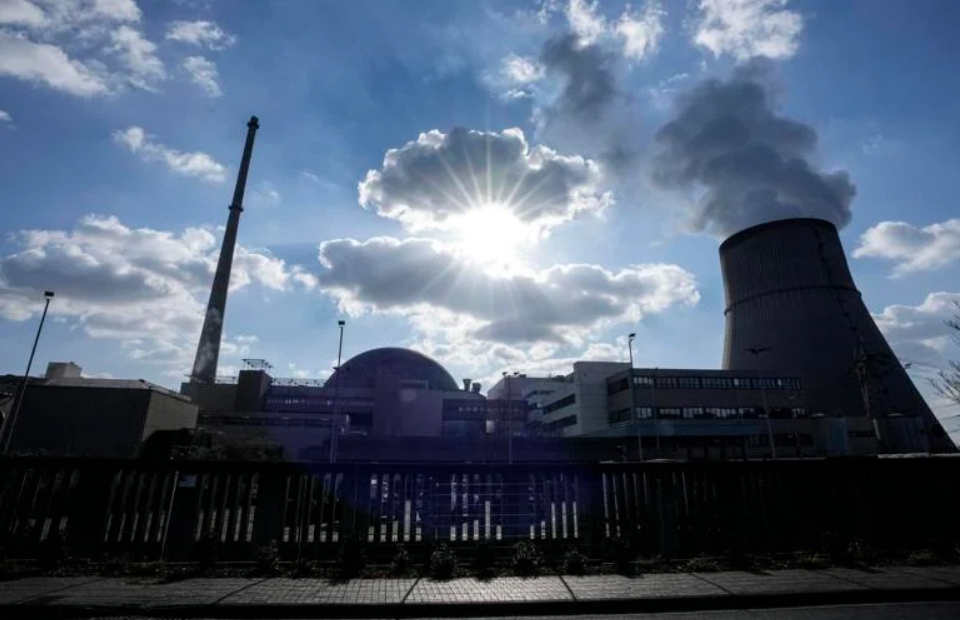
Steam rises from the RWE Emsland nuclear power plant in Lingen, western Germany, March 18, 2022. Photo: NV Daily
“Goodbye nuclear power. Goodbye unsafe, dirty, wasteful energy policy,” the parliamentary group of Chancellor Olaf Scholz’s centre-left Social Democratic Party (SPD) wrote on Twitter.
Meanwhile, the parliamentary group of the business-friendly Free Democratic Party (FDP), part of the ruling coalition with the SPD and the Greens, said on Twitter that it was not satisfied with abandoning nuclear power altogether.
FDP leader Christian Lindner, who is also Germany's finance minister, wrote on Twitter that while the future is renewable energy, “in the meantime we must secure our supply until there is sufficient capacity.”
Mr Lindner said that if he had his way, Germany would keep its last three nuclear power plants in reserve.
Conservative opposition politicians also expressed disappointment.
On April 13, days before the nuclear power plants were due to close, Bavarian state premier Markus Söder condemned the coalition government’s decision as “purely ideological,” adding that it was a “serious mistake to abandon nuclear power at this time.”
His party, the Christian Social Union (CSU), wrote on Twitter on April 15 that the closure of the country's last nuclear power plants “marks a dark day for people, industry and climate protection in Germany.”
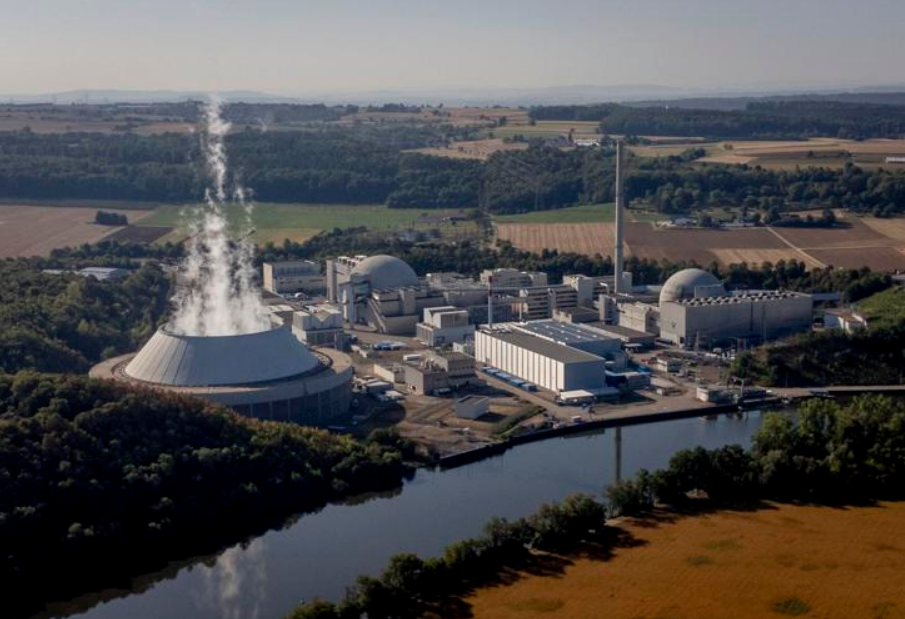
Steam rises from the cooling tower of the Neckarwestheim 2 nuclear power plant in Baden-Württemberg, Germany, August 22, 2022. Photo: NV Daily
The head of the Christian Democratic Union (CDU) Friedrich Merz affirmed on April 14 that the last three nuclear power plants are “the safest in the world”.
“No other country is reacting to the conflict in Ukraine and the deteriorating energy supply situation like Germany,” Mr Merz told public broadcaster NDR.
Business leaders, including Peter Adrian, president of the Association of German Chambers of Commerce and Industry (DIHK), have called on the government to “expand energy supplies and not restrict them further” in the face of supply shortages and high prices.
"Swimming upstream"
Before the plants closed, Martin Kaiser, executive director of Greenpeace Germany, called on ministers to ensure the safe disposal of accumulated nuclear waste, which he said would remain radioactive for millions of years.
Greenpeace held celebrations at the Brandenburg Gate in Berlin and in the southern city of Munich to mark the end of the nuclear power era in the country.
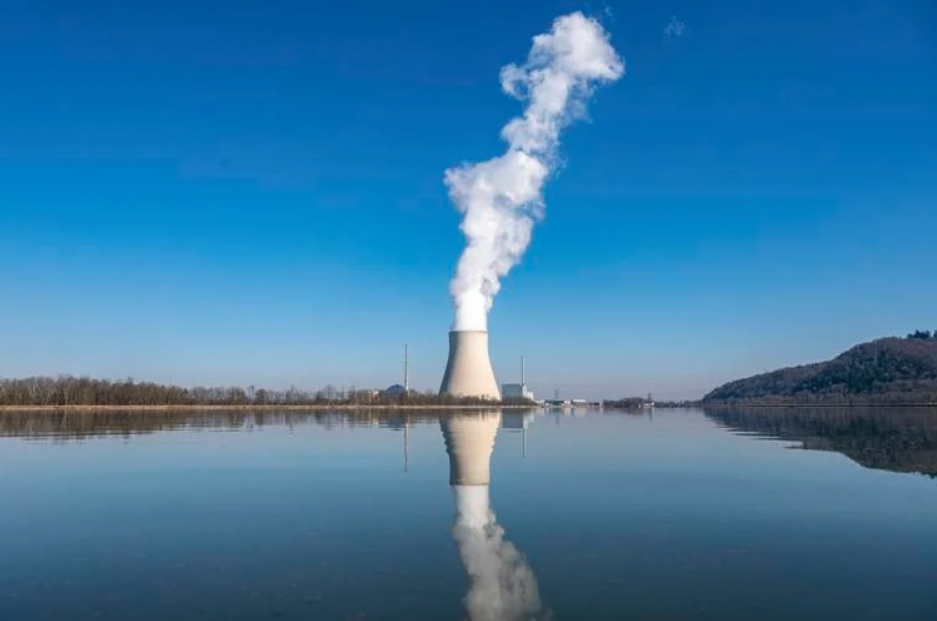
Steam rises from the Isar 2 nuclear power plant in Essenbach, Germany, March 3, 2022. Photo: NV Daily
The end of nuclear power in Germany was decided more than a decade ago by then-Chancellor Angela Merkel, following the 2011 Fukushima nuclear accident in Japan and the 1986 Chernobyl nuclear disaster in Ukraine.
But plans to close the remaining three plants by December 2022 were temporarily suspended due to last winter's energy crisis, when gas and electricity prices in Europe skyrocketed after Russia launched a military campaign in Ukraine.
The deadline for the shutdown has been extended to April 15, a move that is seen as a reversal of the trend in other countries, such as the United States, China, France and the United Kingdom, which are relying on nuclear power to replace fossil fuels. Even Japan has backed off its plan to phase out nuclear power.
Proponents of nuclear power in Germany argue that it produces far fewer greenhouse gas emissions, and is being used to help Europe's top economy meet its goal of becoming carbon neutral by 2045.
“By eliminating nuclear power, Germany has to use coal and gas because there is not always enough wind blowing or the sun shining,” said Rainer Klute, head of the pro-nuclear non-profit association Nuklearia.
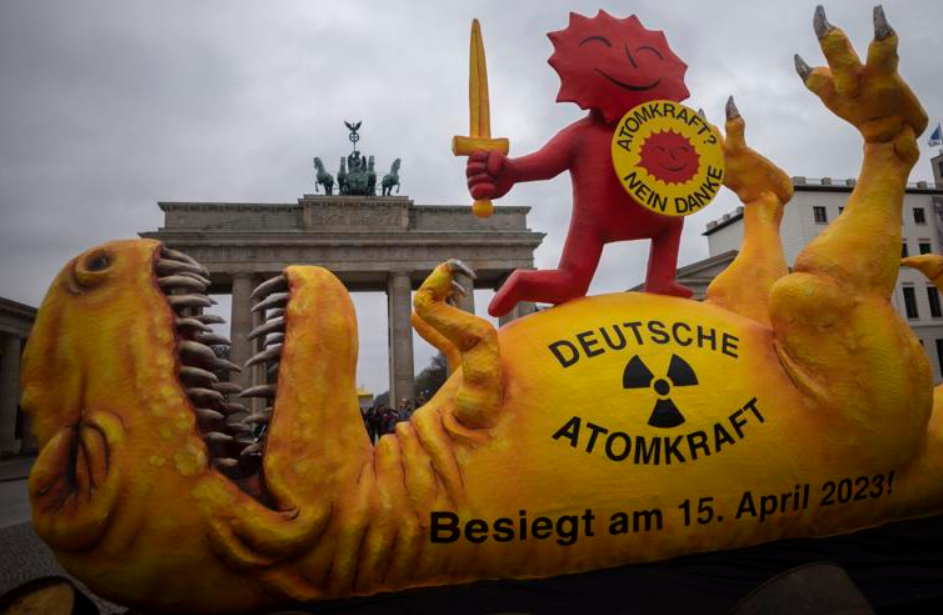
March in front of the Brandenburg Gate, Berlin, marking the decommissioning of the last nuclear plants in Germany, April 15, 2023. Photo: NV Daily
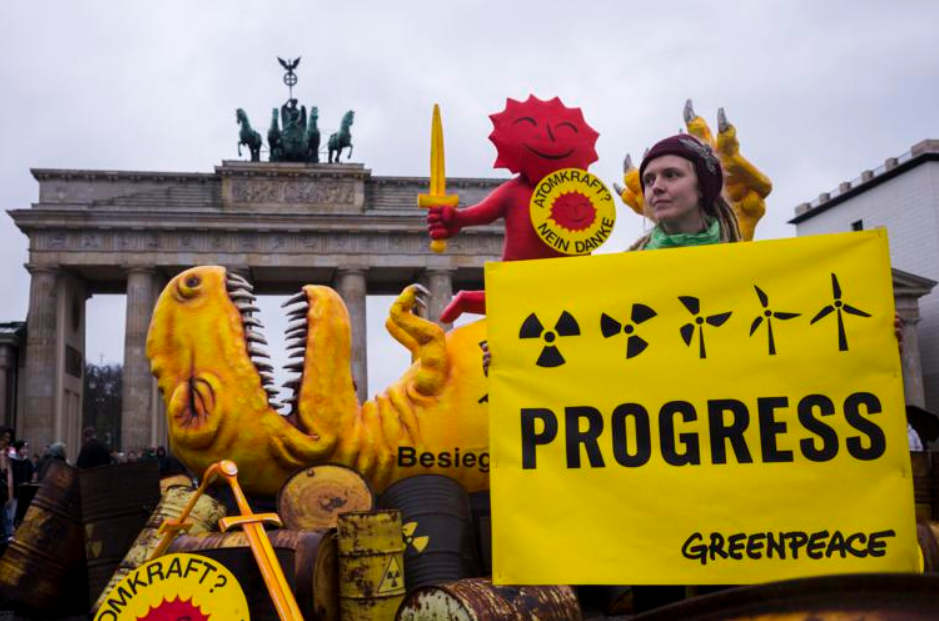
A Greenpeace activist takes part in a march in front of the Brandenburg Gate in Berlin, marking the decommissioning of Germany's last nuclear power plants, April 15, 2023. Photo: NV Daily
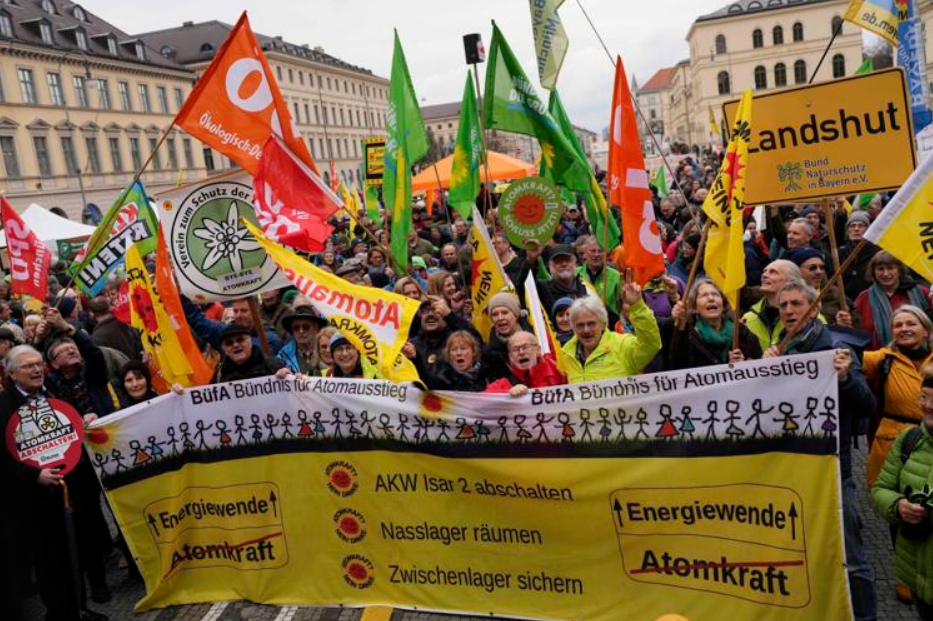
People take part in a march in Munich, marking the decommissioning of Germany's last nuclear power plants, April 15, 2023. Photo: NV Daily
The German government has acknowledged that in the short term, the country will have to rely more on coal and gas – both sources of pollution – to meet its energy needs, even as it continues to invest in renewable energy.
But German Economy Minister Robert Habeck, a member of the Greens party, stressed that energy supplies would remain secure even after the last nuclear power plant was shut down.
Meanwhile, two-thirds of Germans support extending the life of nuclear reactors or reconnecting old plants to the grid, with just 28% in favor of phasing them out, a survey by the Forsa institute showed earlier this week.
“I think this support is certainly fueled by the fear that the supply situation is simply not secure,” Forsa analyst Peter Matuschek told Reuters.
In an effort to save nuclear power plants, on April 15, Prime Minister Söder of Bavaria, where the Isar 2 nuclear power plant is located, said Bavaria wants the Federal Government to change the law on nuclear energy to allow states to take responsibility for operating such nuclear power plants.
“Until the crisis is over and the transition to renewable energy is successful, we must use all forms of energy by the end of the decade,” Bild am Sonntag quoted Mr. Söder as saying .
Minh Duc (According to DW, Reuters)
Source







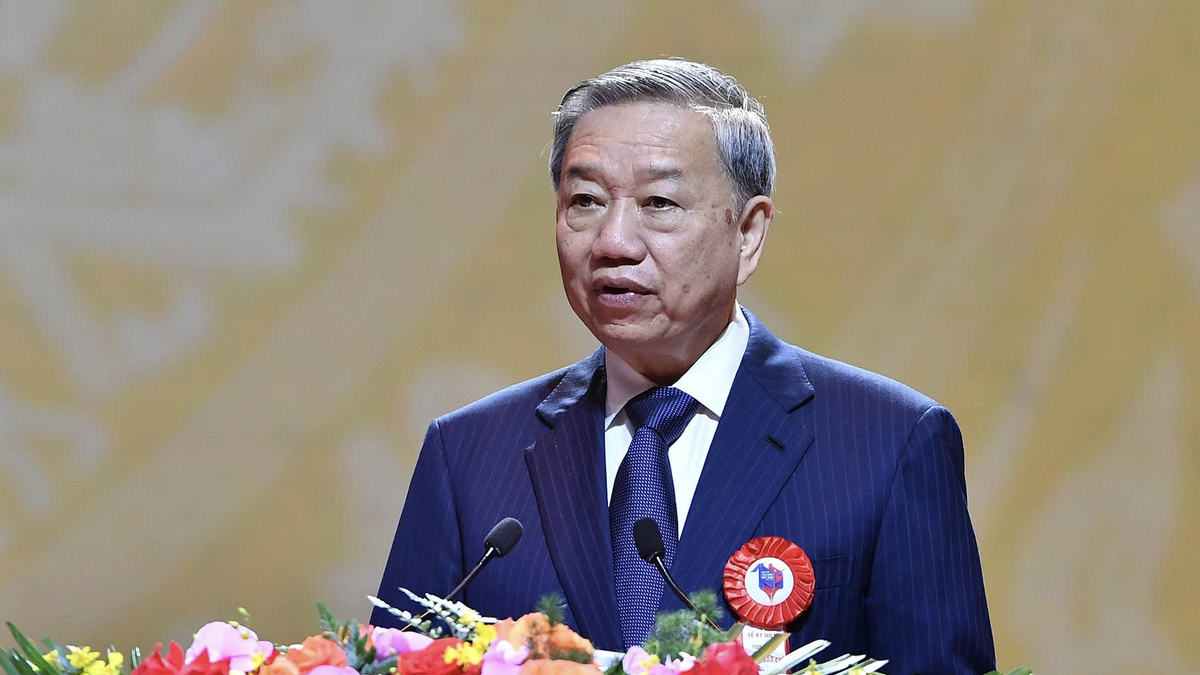





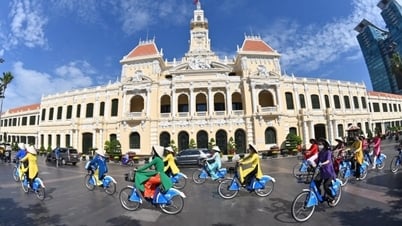











![[Photo] Central Propaganda and Mass Mobilization Department meets with exemplary journalists](https://vphoto.vietnam.vn/thumb/1200x675/vietnam/resource/IMAGE/2025/6/21/9509840458074c03a5831541450d39f8)















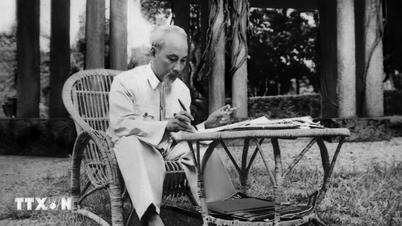










![[Maritime News] Wan Hai Lines invests $150 million to buy 48,000 containers](https://vphoto.vietnam.vn/thumb/402x226/vietnam/resource/IMAGE/2025/6/20/c945a62aff624b4bb5c25e67e9bcc1cb)





































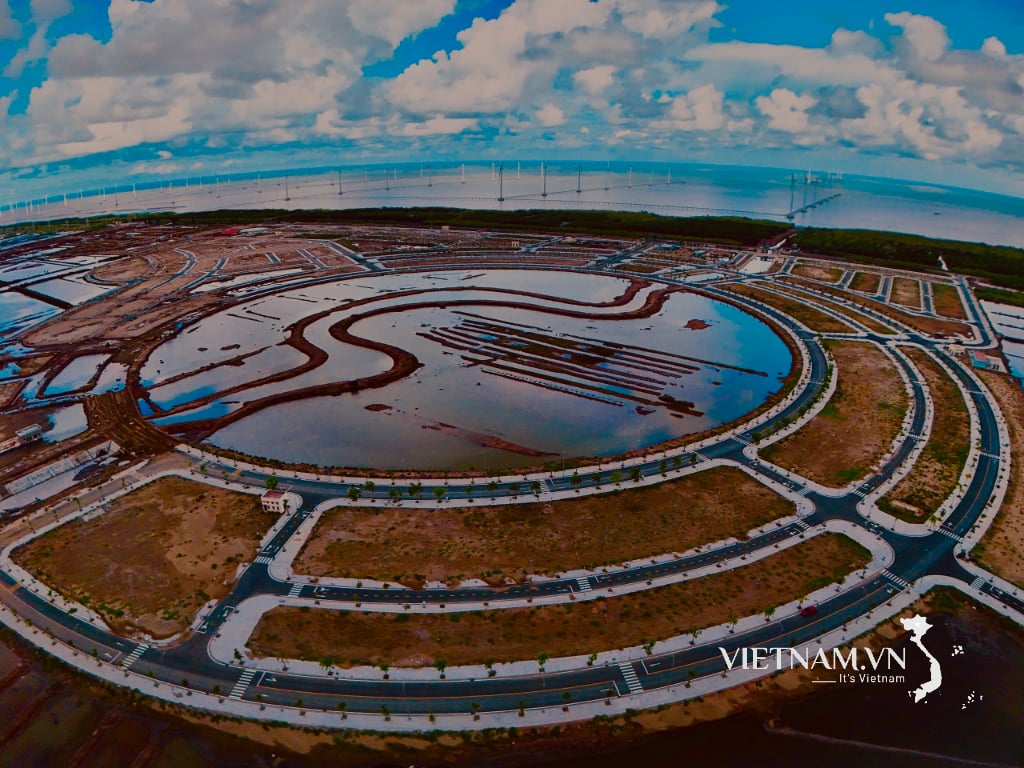


Comment (0)